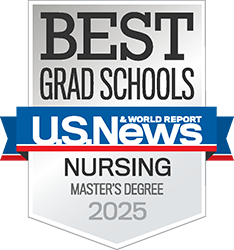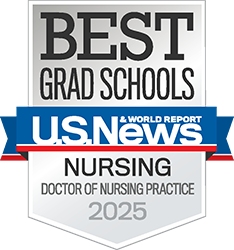
Dr. Padhye received his PhD in physics from the University of Texas at Austin and he is currently Professor with tenure at Cizik School of Nursing at UTHealth Houston. Dr. Padhye teaches courses in statistics and data science. His expertise is in statistical modeling and machine learning methods, with an interest in applications of nonlinear dynamics to physiological data and systems. His research interests are influenced by his many collaborations with UTHealth Houston researchers, leading to publications about stem cell transplants, dietary diversity, mHealth, ecological momentary assessment, heart rate variability, cranial electrotherapy stimulation, traumatic brain injury, circadian rhythms, Bayesian estimation of false negative rate of PCR tests for COVID-19, etc. One thread that runs through many of his works involves measuring the complexity of biosignals using entropy of their information content. Two of his publications have shed light on the connection between entropy of abdominal temperature time series and occurrence of pressure injuries.
Education
The University of Texas at Austin, Austin, Texas
PhD
The University of Texas at Austin, Austin, Texas
MA
Indian Institute of Technology, Mumbai, India
B.Tech
Clinical/Research Focus
Dr. Padhye is interested in assessment of complexity of physiological systems through measurement of entropy of time series data. His work in this focus area has shown that lower levels of entropy of abdominal temperature signals are associated with the occurrence of pressure injuries in nursing facility residents.
Publications
- Dietary Intake of Protein by Food Source and Incident Hypertension Among Diverse US Adults: The MESA Study
- Protein Consumption and Risk of CVD Among U.S. Adults: The Multi-Ethnic Study of Atherosclerosis (MESA)
- Validation of Self-Reported Attachment Classification Among Racially and Ethnically Diverse Parents of Young Children
- Predicting Daily Sheltering Arrangements among Youth Experiencing Homelessness Using Diary Measurements Collected by Ecological Momentary Assessment
- Animal-Assisted Activity in Critically Ill Older Adults: A Randomized Pilot and Feasibility Trial



